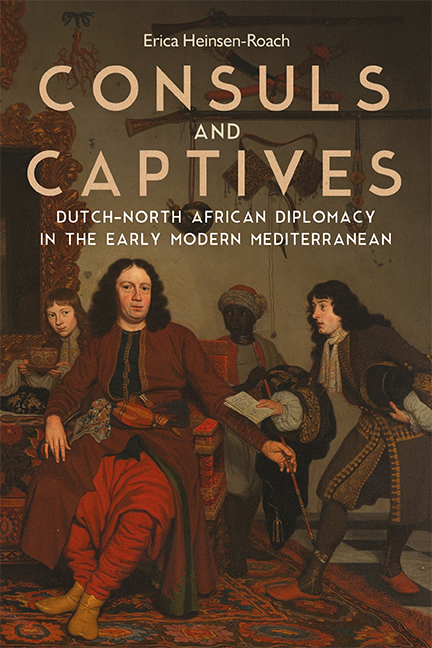1 - Global Treaty Making: From Morocco to Constantinople
Published online by Cambridge University Press: 21 March 2020
Summary
In his Atlas Maior, published in eleven volumes over the years 1662–72, the Dutch cartographer Johannes Blaue visualized a world in which the islands of the lower Caribbean and Surinam, West Africa's Gold Coast, Cape Town in South Africa, and strongholds in India and the Indies formed part of the long-distance trade networks of the Dutch East and West India companies. The use of naval force helps explain the success of the chartered companies in the construction of forts, factories, and monopolies. Where possible, heavily armed Dutch war vessels blockaded ports and seized ships of competitors to facilitate the growth of Dutch commerce. Yet in an age characterized by European conquest and appropriation of indigenous territories, concluding treaties with non-Europeans also turned out to be a common practice as the basis for the making of empire. Around 1600, the Dutch were the frontrunners in treaty making. The preeminent jurist Hugo Grotius proposed a legal international order that would allow states the natural right to conclude treaties with the infidel. Grotius recognized the sovereignty of non-European principalities and believed that they, as equals to European states, acted out of free will to negotiate treaties. Hence, in the early decades of the 1600s, Southeast Asia and the Americas were areas in which the Dutch Republic initially negotiated pacts that often entailed military support, usually against the Iberian powers, in exchange for commercial benefits.
But it is this practice that presents the Islamic West as a conundrum. The Dutch Republic frequently allied with North African states. In 1610, the Dutch concluded an agreement with Morocco, the first in a series of pacts with North African principalities over the course of the seventeenth and eighteenth centuries. Two years later, the Ottoman sultan bestowed capitulations on the Dutch that allowed them to establish a commercial-diplomatic network throughout the Ottoman Empire. Even though the capitulations were a grant, not a treaty, they, too, forged diplomatic relations between the Ottomans and the Dutch. Abdallah Larouï commented that diplomacy between Europe and North Africa was “hardly deserving of the name.” Plenty of sources confirm that early modern Europeans complained that the Maghribi states repeatedly broke treaties and treated Christian consuls in North Africa as hostages rather than as diplomats. Many Europeans believed therefore, that states in the Maghrib disregarded the conventions of international law and undermined all diplomatic efforts to resolve the problem.
- Type
- Chapter
- Information
- Consuls and CaptivesDutch-North African Diplomacy in the Early Modern Mediterranean, pp. 17 - 36Publisher: Boydell & BrewerPrint publication year: 2019

